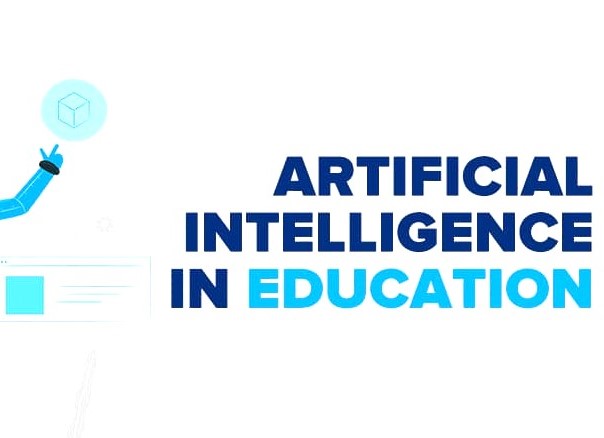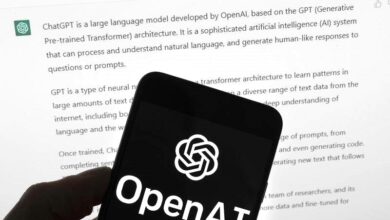Revolutionizing Education of AI: How AI Empowers Quality and Accessibility
Unlocking the Future: 7 Ways AI Transforms Education for All

In a rapidly evolving world, education stands as a cornerstone of progress. Yet, the traditional education system often falls short of providing quality and accessibility to all. Enter Artificial Intelligence (AI), a transformative force poised to revolutionize education. In this article, we will delve into how AI can improve the quality of education and make it accessible to everyone.

Enhancing Personalized Learning with AI
AI-Powered Personalization
AI’s ability to analyze individual learning patterns and preferences enables tailored learning experiences. Students receive customized content and pace, promoting better comprehension and engagement.
Bridging Language Barriers with AI
Breaking Down Language Barriers
AI-powered language translation and tutoring tools break down language barriers, enabling learners from diverse backgrounds to access educational content in their native language.
Enabling Remote and Global Learning
Global Learning Opportunities
AI-driven virtual classrooms and online platforms facilitate remote learning, opening doors to global educational resources and fostering inclusivity.
Real-Time Assessment and Feedback
Immediate Insight and Improvement
AI automates assessment and provides instant feedback to both students and teachers, allowing for prompt adjustments and a more effective learning process.
Supporting Special Needs Education
Empowering Inclusivity
AI assists special needs education by offering personalized learning tools and adaptive resources to cater to diverse learning needs.
Predictive Analytics and Early Intervention
Preventing Learning Gaps
AI analyzes student performance data to predict learning challenges early on, allowing educators to intervene and prevent learning gaps.
Redefining Teacher Roles with AI
Empowering Educators
AI aids educators in curriculum development, administrative tasks, and individualized teaching, enabling them to focus on mentoring and guidance.
Conclusion
As we’ve explored, AI’s integration into education is a game-changer. It enhances personalized learning, breaks language barriers, fosters global education, provides real-time assessment, supports special needs, predicts challenges, and empowers educators. The future of education is brighter and more accessible than ever before, thanks to AI.
Image: An image illustrating AI-assisted learning with the alt text “AI in Education.”
FAQs
Q: What is AI’s role in personalized learning?
A: AI customizes learning experiences by analyzing individual preferences and learning patterns, tailoring content and pace to enhance comprehension and engagement.
Q: How does AI break language barriers in education?
A: AI-powered translation and tutoring tools enable learners from diverse backgrounds to access educational content in their native language.
Q: How does AI support special needs education?
A: AI provides personalized learning tools and adaptive resources to cater to the unique needs of special education students.
Q: Can AI predict learning challenges?
A: Yes, AI uses predictive analytics to analyze student data and predict learning challenges early on, allowing educators to intervene and prevent learning gaps.
Q: How does AI redefine the role of teachers?
A: AI assists teachers in curriculum development, administrative tasks, and individualized teaching, freeing up their time for mentoring and guidance.



